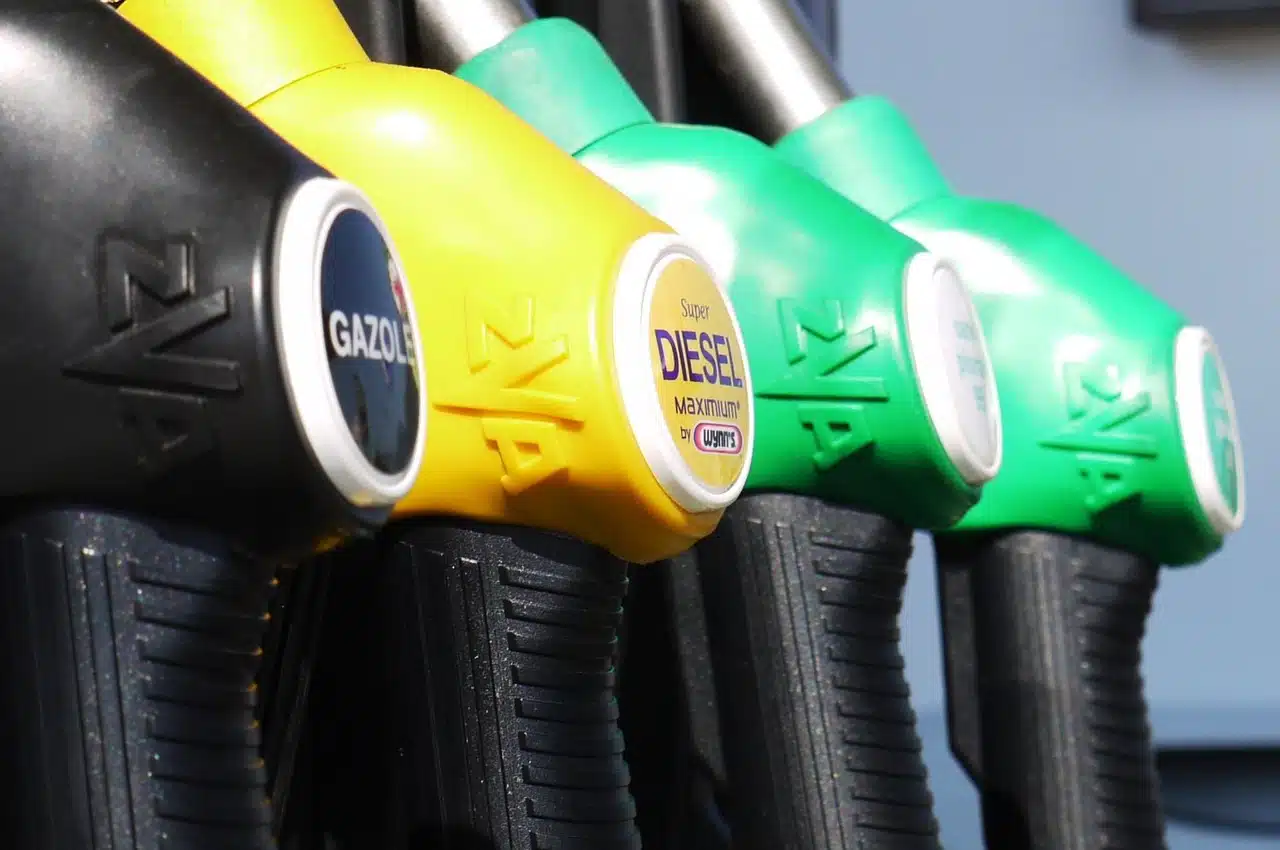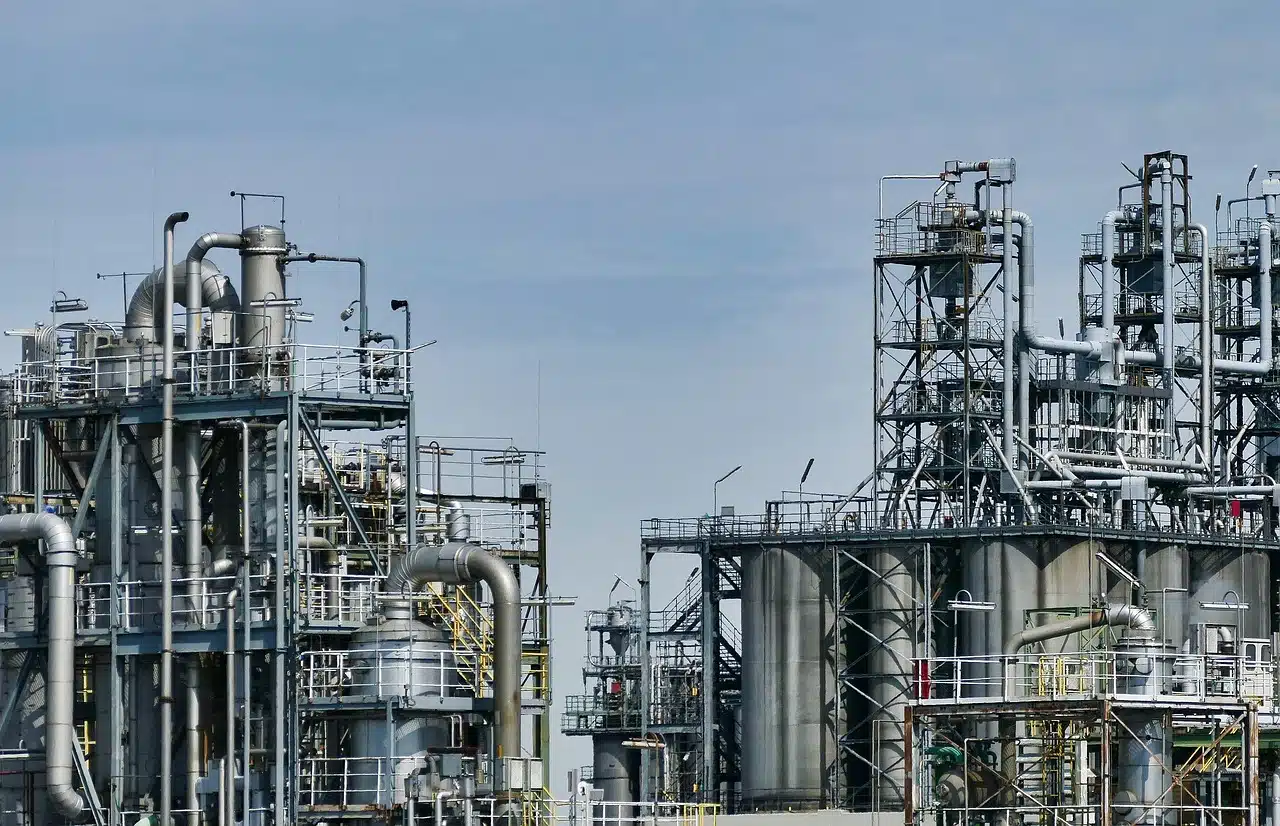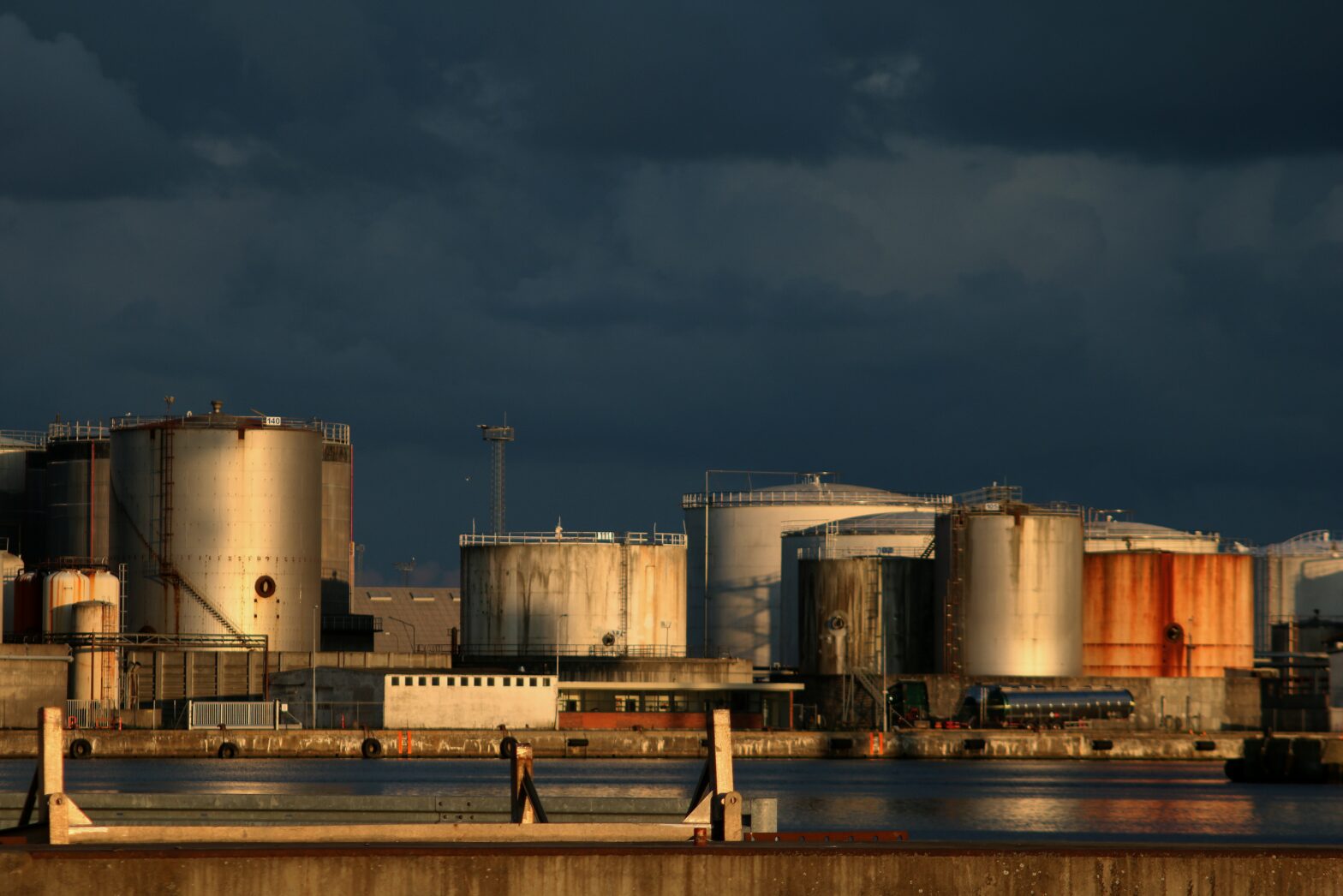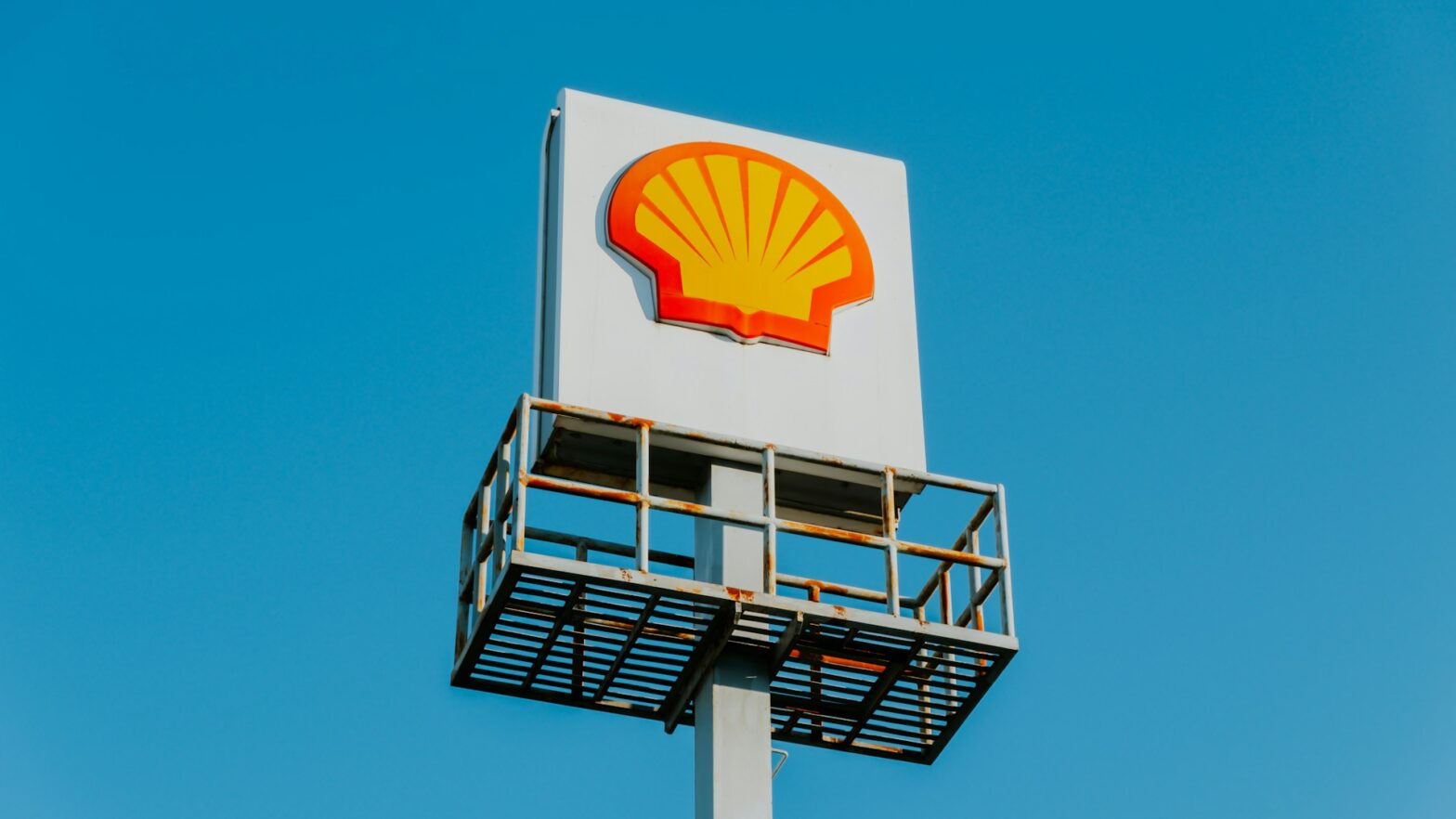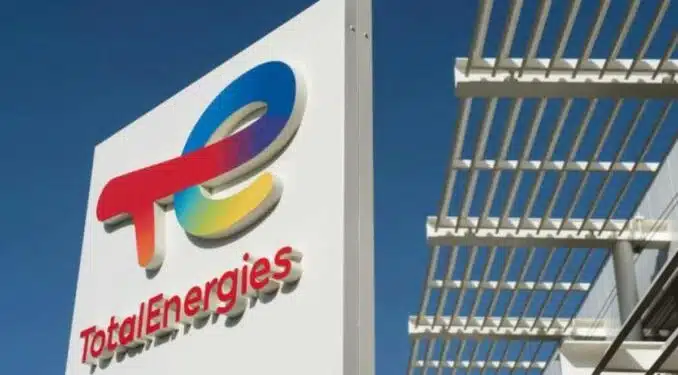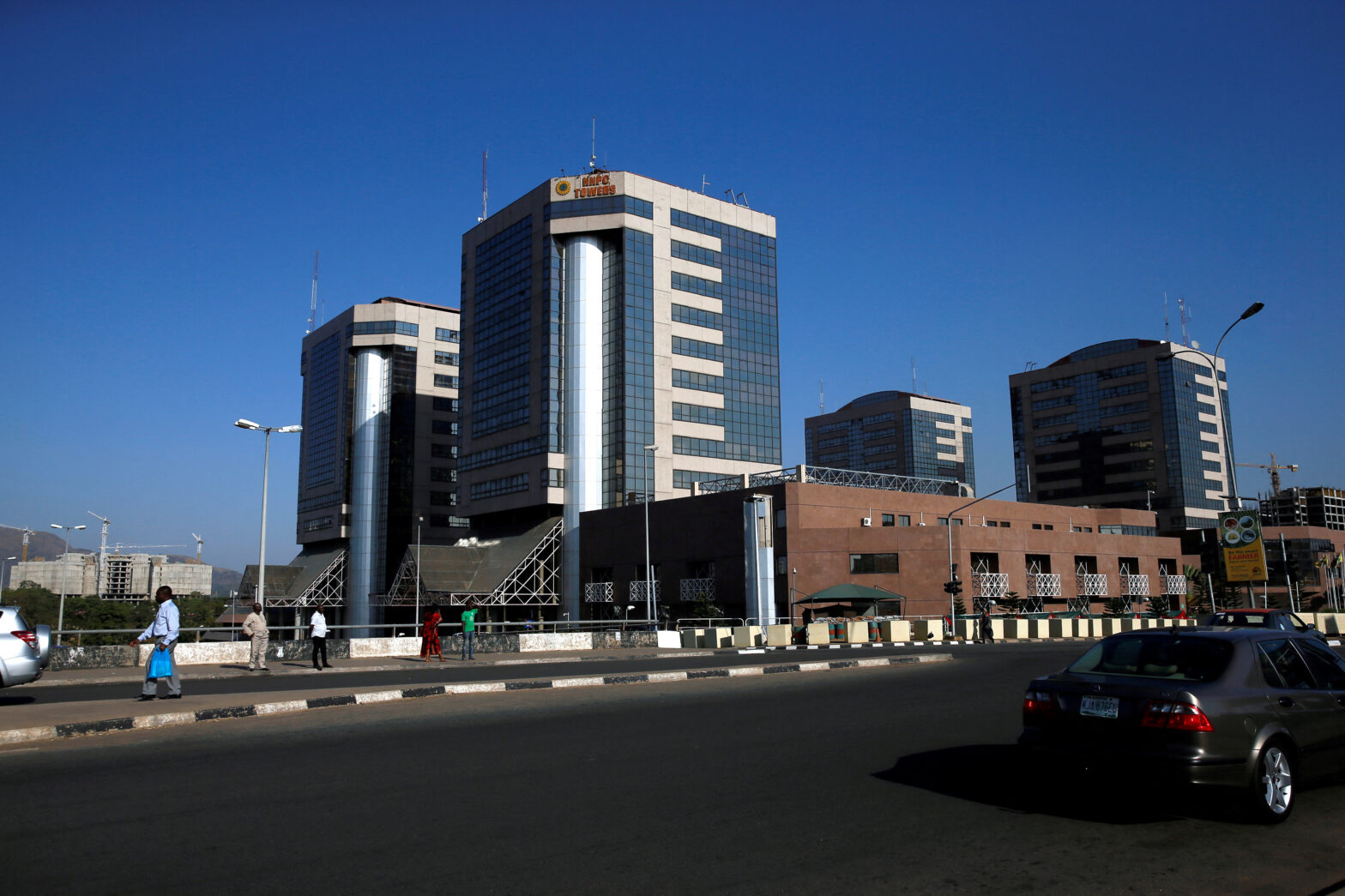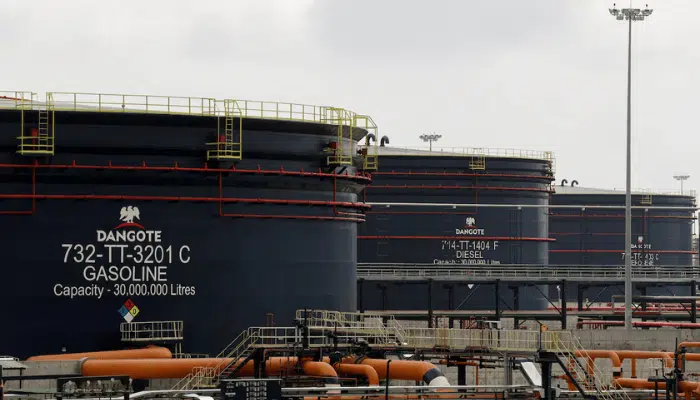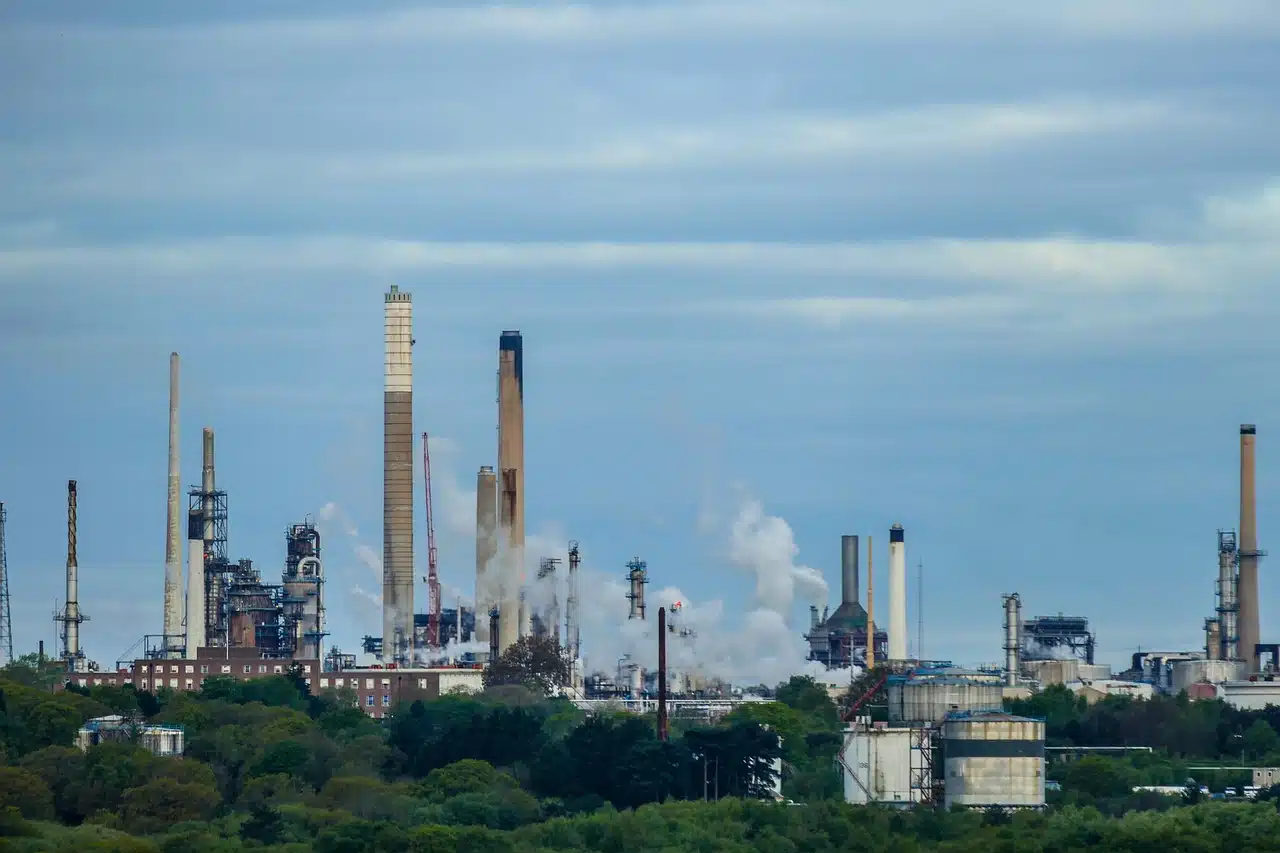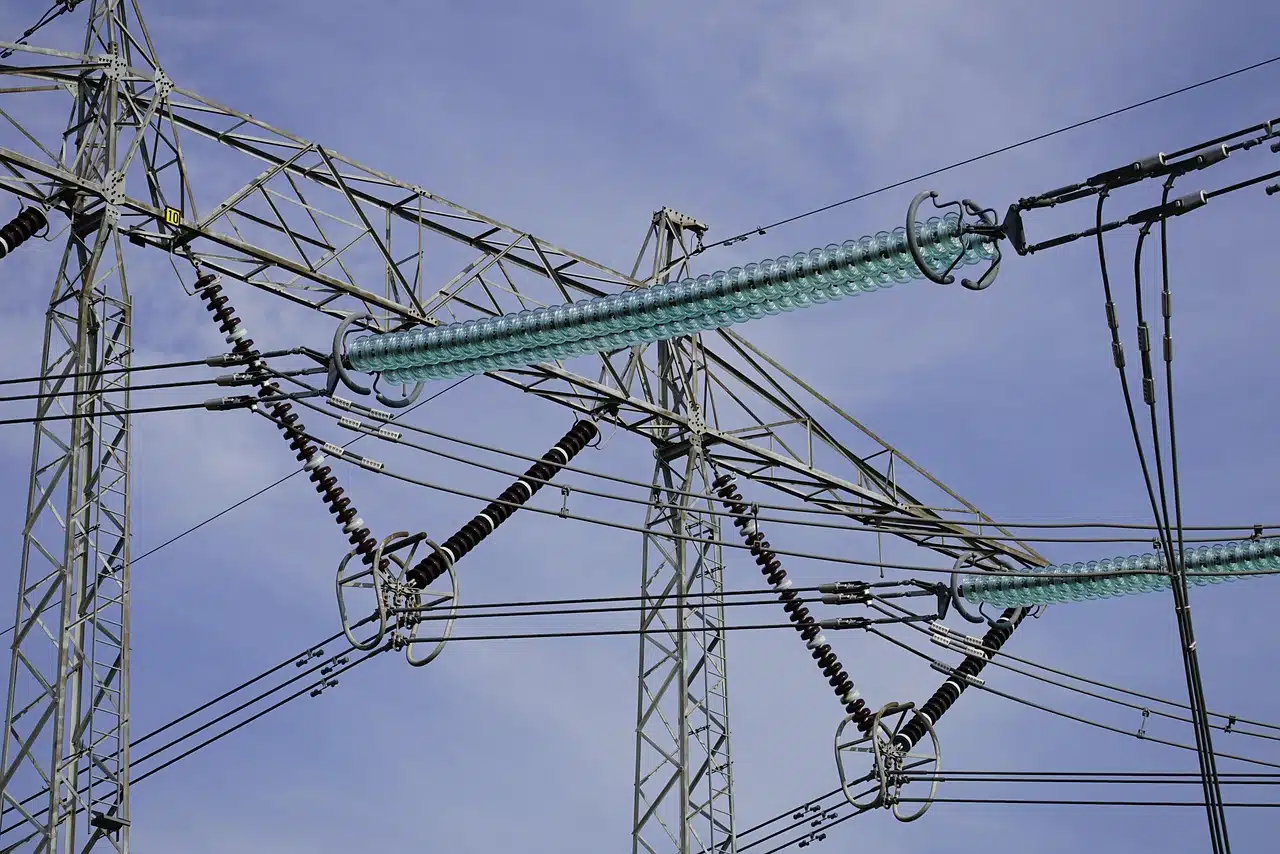As part of its monthly review, the South African government has today announced the revised fuel prices for June, effective Wednesday morning.
The Department of Petroleum and Mineral Resources said petrol and diesel prices will drop by 5 cents and 37 cents, respectively, while paraffin will decrease by 56 cents.
This brings fuel prices per litre for June down as follows:
- 93 petrol (inland) at R21.24
- 95 petrol (inland) at R21.35
- 93 petrol (coast) at R20.45
- 95 petrol (coast) at R20.52
For diesel;
- diesel (inland) at R18.53
- diesel (coast) at R17.70
While a stronger rand is expected to cushion motorists from potential price hikes, a more pressing concern looms: an imminent increase in fuel taxes.
For the first time in three years, the South African government is set to raise the fuel levy.
On May 21, 2025, Finance Minister Enoch Godongwana disclosed the new tax proposal while presenting the revised 2025 Budget to the Treasury.
This presentation was the third official attempt to state the way forward for South Africa’s finances since the contentious February budget speech that sparked political debate.
Although the World Bank projects South Africa’s economy will grow by 1.8% this year, the Treasury still faces a multi-million dollar funding shortfall over the next three years.
Godongwana has stated that increasing the General Fuel Levy (GFL) would serve as a better, inflation-linked strategy to help close the deficit.
The new tax levy
While the prices of petrol and diesel fall by 0.23% and 2% respectively beginning today, the general fuel levy will rise by 16 cents. This amounts to R4.01 per each litre of petrol purchased.
When other taxes are added — including the Road Accident Fund levy (R2.18), carbon tax (14 cents), and customs and excise duties (4 cents) — the total tax burden on petrol rises to R6.37 per litre.
If the new 5-cent decrease in petrol prices kicks off tomorrow, the net cost to consumers will be 11 cents, meaning more burden for an average citizen.
Meanwhile, the diesel fuel levy will increase by 15 cents, bringing the total to R3.85 per litre.
Public reaction to the looming tax hike
Meanwhile, various stakeholders have voiced strong opposition to the proposed tax increase, citing its potential impact on already financially strained citizens.
The Automobile Association (AA) has called for greater transparency and structural reform, warning that the levy will immediately burden consumers once implemented.
The Economic Freedom Fighters (EFF) have gone a step further by seeking a court injunction to block the government’s new tax policy.
Historically, fuel prices have served as a major disinflationary force in South Africa’s economy.
Volatility in global markets often translates to direct cost swings at the pump and increased transport costs for businesses.
While fuel prices for June have eased slightly, this stability cannot be promised for next month if international crude oil prices rise.
In any case, South Africa maintains some 77 million barrels of crude oil in its strategic reserves, which can be released for domestic use if oil prices climb to unbearable levels.

